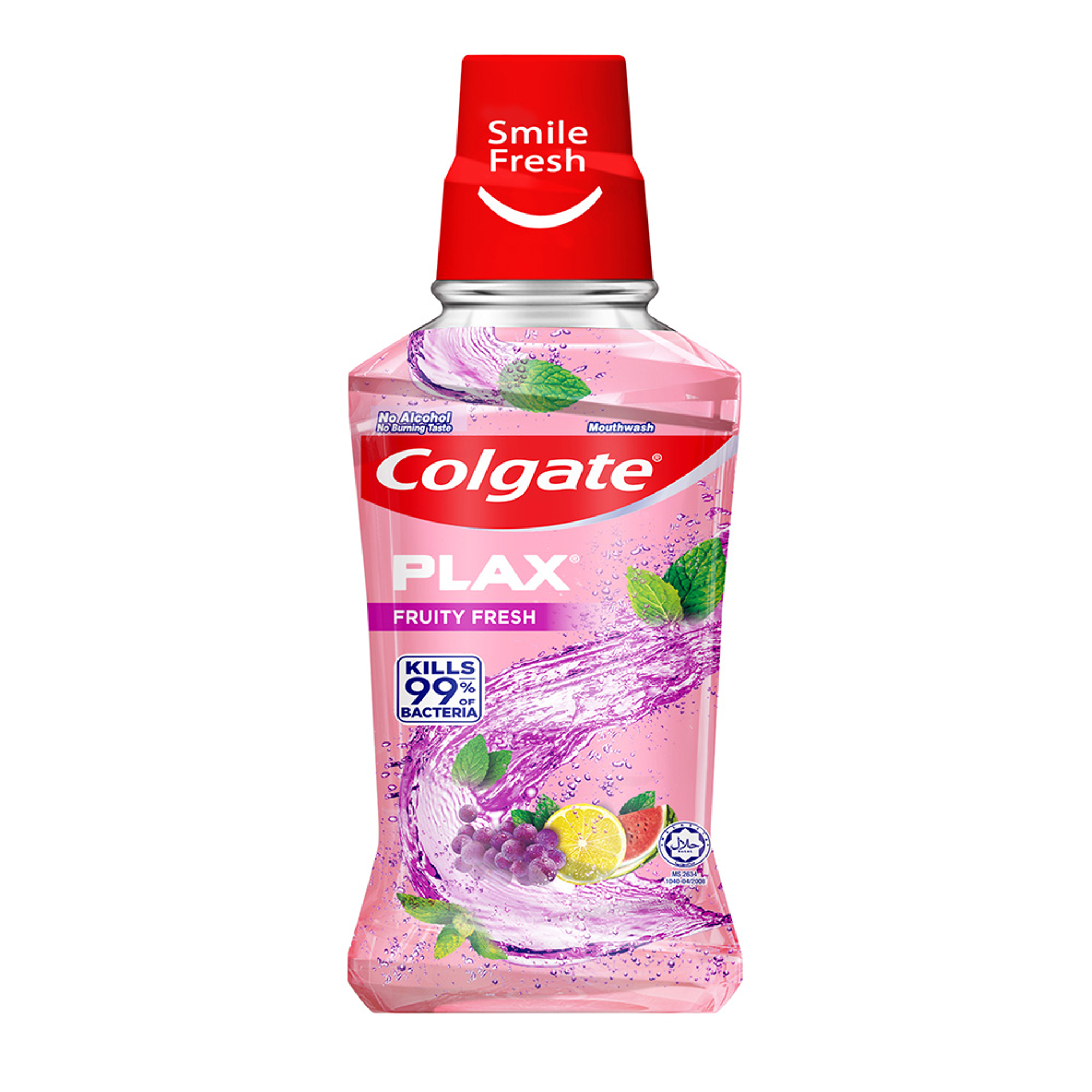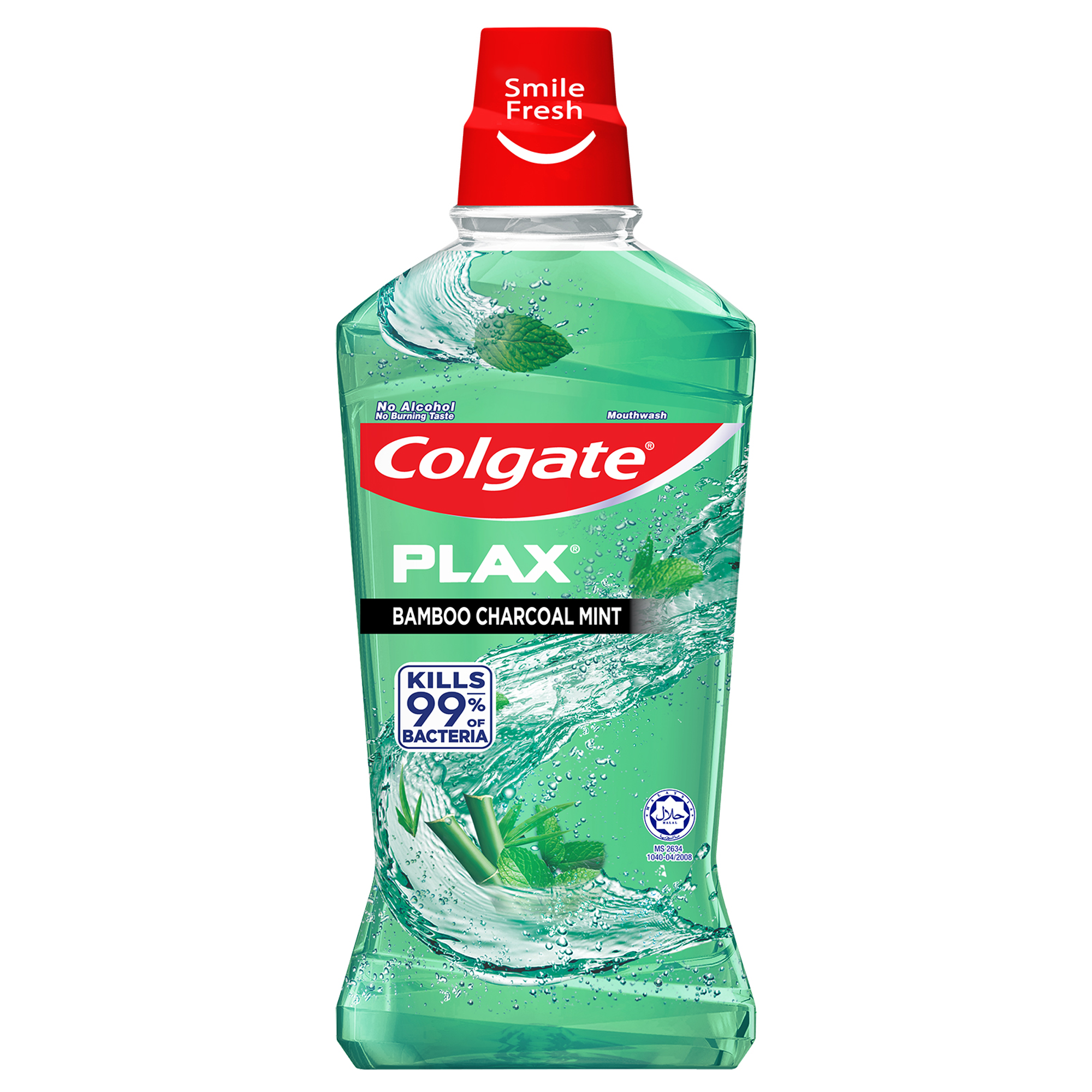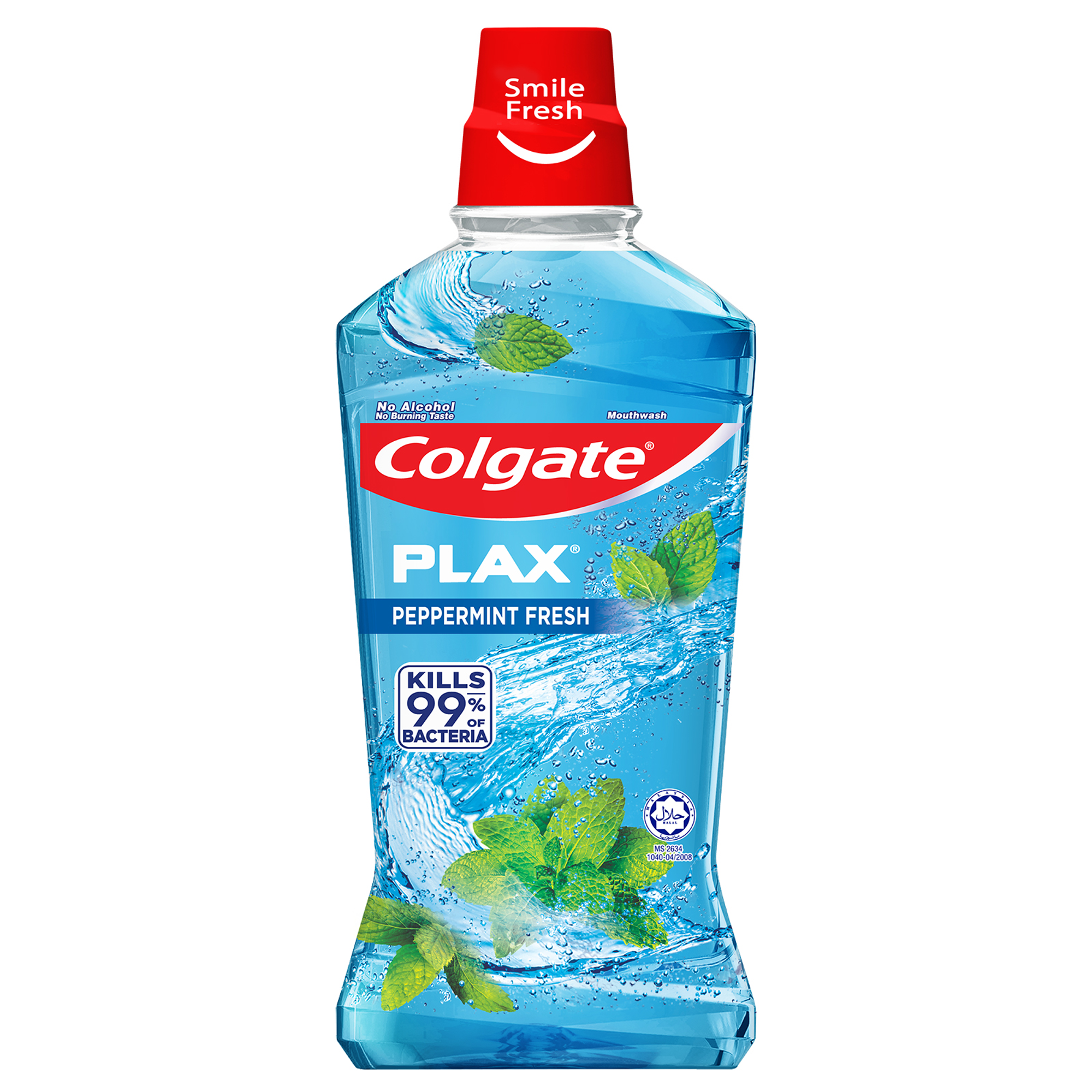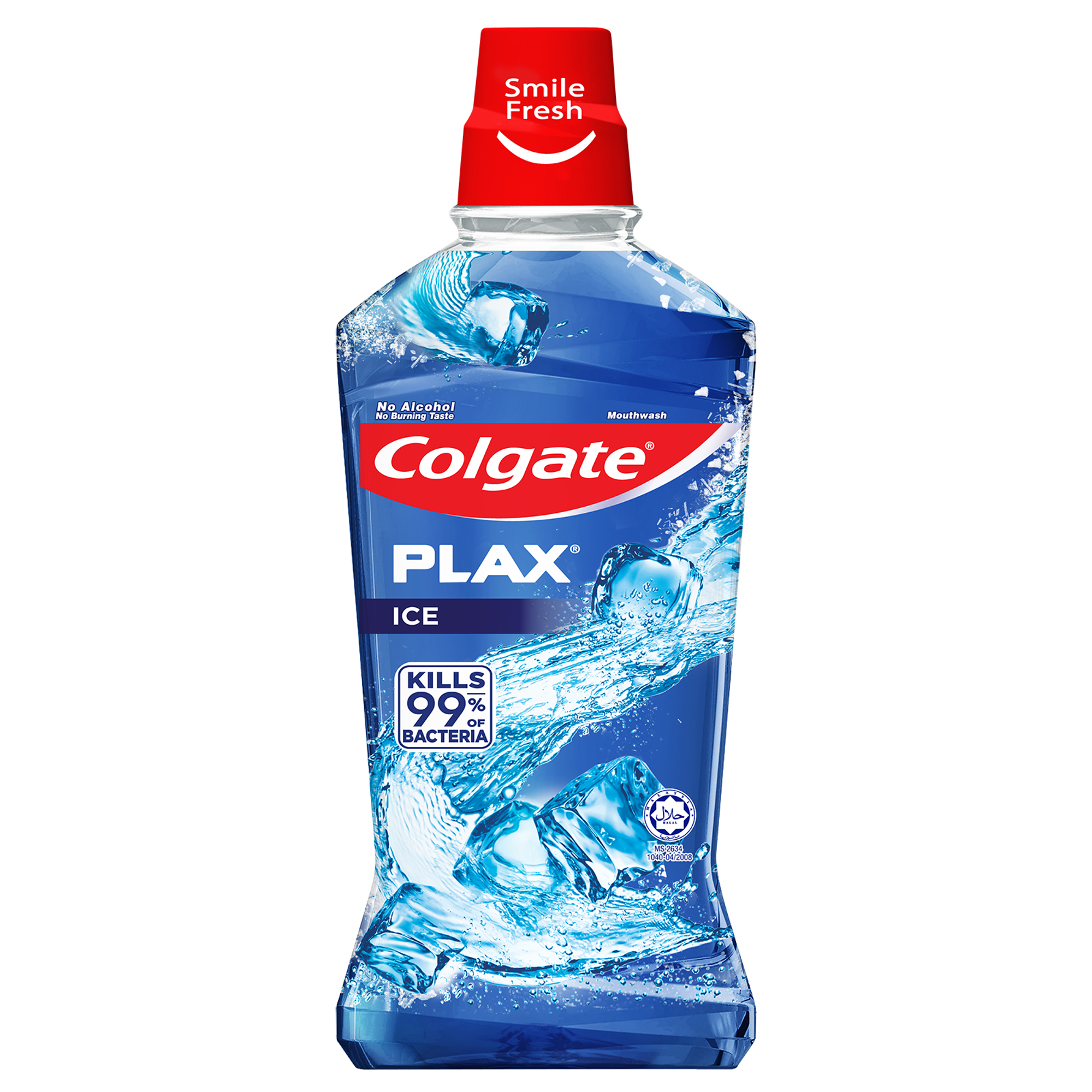- Oral Health and Dental Care | Colgate®
- Oral Health
- How to Prevent Bad Breath if You're an Older Adult
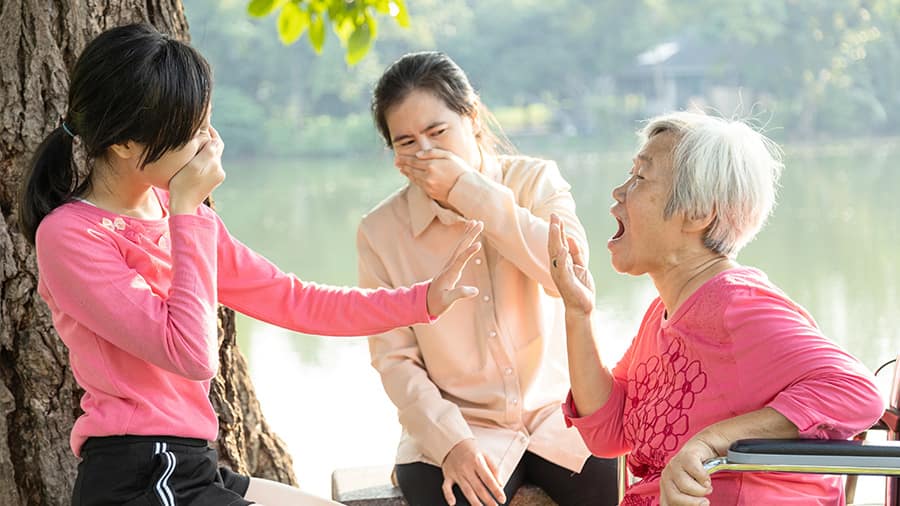

Bad breath, sometimes called halitosis, can be an embarrassing problem for anyone. However, older adults are more prone to bad breath due to their susceptibility to a number of medical and dental conditions. But how to prevent bad breath starts with understanding the source of the offending odour. Here are some of the common causes of bad breath in older individuals and tips that can help you keep your breath fresh and your mouth healthy – no matter what your age.
Causes of Bad Breath
Over 50 percent of adults complain of chronic bad breath, according to an article in The Journal of Dental Hygiene. Many times, the odour is a temporary occurrence caused by eating certain foods, like garlic, onions and certain spices. Consuming alcohol and smoking or chewing tobacco can also give your breath a foul odour. Preventing bad breath due to these kinds of external factors simply involves avoiding the offensive substance. These are not the only potential causes of bad breath, however. For example, according to the American Dental Association, many health conditions, including tonsillitis and postnasal drip, can give you bad breath, too.
Periodontal Disease and Bad Breath
Infrequent or incomplete brushing or flossing allows bacterial plaque to collect on your teeth and gums, leading to gum disease – which can cause chronic bad breath. The Centers for Disease Control and Prevention (CDC) says that periodontal (gum) disease increases with age, and that about 70 percent of adults 65 years and older in the U.S. have periodontal disease. One of the first warning signs of gum disease is bad breath. As gum disease progresses, the severity of the odour increases due to extensive bleeding and inflamed gum tissue.
Treatment for periodontal disease can eliminate a bad breath problem. Your dentist will want to clean your teeth to remove tartar deposits so that the gums can heal, and he'll also want you to start on a stringent home care routine to reduce the amount of bacteria in your mouth.
Dry Mouth
Xerostomia, or dry mouth, is often the cause of bad breath in older adults. The lack of sufficient saliva to wash away food debris and bacteria creates an environment in the mouth where the bacteria flourish. The Academy of General Dentistry explains that many commonly prescribed medications can cause a decrease in salivary function. In addition, dry mouth can be an effect of chemotherapy, autoimmune diseases, diabetes, or alcoholism. Keeping your mouth moist can help prevent bad breath. Many older people rely on artificial saliva products. But sipping plenty of water throughout the day and sucking on sugarless lozenges or candy can help, too.
Dentures, Partials and Fixed Bridges
Many older adults wear removable dentures, which are often the origin of bad breath. Just as the natural teeth can become coated with bacterial plaque, so can artificial appliances. To prevent odours, you should remove your dentures daily and clean them with the appropriate cleansers. Food and bacteria can also become trapped under fixed crowns and bridges. So to ensure fresh breath, carefully clean under your bridge with the help of floss threaders or small interdental brushes.
Basics for Fresh Breath
For most adults, the answer to how to prevent bad breath is simple. Just follow the basics of good oral hygiene. Brush your teeth twice a day and floss at least once. Because bacteria on your tongue can be a source of odour, brush your tongue or use a special tongue scraper regularly. Rinse with an antimicrobial mouthwash to help further reduce problematic bacteria. And remember: Regular professional cleanings are always essential in maintaining fresh breath and good oral health.

Helping dental professionals
More professionals across the world trust Colgate. Find resources, products, and information to give your patients a healthier future









